This article was originally written in Arabic and translated into English using AI tools, followed by editorial revisions to ensure clarity and accuracy
The ongoing war in Sudan has dismantled many media institutions, creating a vacuum filled by a vast stream of rumors and false information that has fueled internal conflict. A large segment of the public has turned to social media platforms in search of the truth, while some traditional media outlets continue to operate despite the targeting of their offices and journalists
Sudanese journalists face the challenges of war and its impact on the media in Sudan under harsh conditions that threaten the collapse of state institutions. Since the outbreak of the war between the Sudanese army and the Rapid Support Forces on 15 April 2023, the Sudanese media has faced complications and obstacles, and the impact is evident in media institutions, newspapers, radio stations, and televisions.
These media institutions are now facing a difficult confrontation in light of the destruction and looting of their resources caused by the war. They include infrastructure for communication networks and the Internet, persecution and attacks on their media and journalistic staff, and systematic campaigns of misleading and false propaganda.
In an article about the Khartoum war and the end of journalism, media expert Dr Al-Obeid Al-Tayeb (1) describes the situation in Sudan by saying: “The repercussions of the war and its negative impacts on media institutions in Sudan, especially print journalism, were great. The war has caused some printing presses to stop completely, destroyed their infrastructure and looted their contents, and this is perhaps one of the negatives that accompanied the presence of Sudanese printing presses and newspapers in Khartoum. “Despite the complete absence of printed newspapers, the press community and its staff such as the editors-in-chief, writers, and investigators still represent the warp and woof of local media outlets. They also represent references in media coverage of the Sudanese issue internally and externally.
The cessation of newspapers resulted in the displacement of journalists and media professionals from all media outlets, and most of them fled outside Sudan or within its states, while some of them are still present in Khartoum in some safe areas. The suffering of journalists in this war is further compounded by the fragility of the internet network and the damage to its infrastructure, which has caused frequent service disruptions or complete outages, often due to the targeting of communication towers. During the war, the print media was greatly affected and struggled despite the difficult circumstances of the digital transformation, and several journalists moved to work in other media outlets.
Radio and Television in the Line of Fire
With the increasing conflict in information about the truth of what is happening in this war, the public is heading to the digital space to satisfy its media needs necessary to deal with the ambiguity and absurdity of war. In contrast, the National Radio and Television Corporation and the Sudan News Agency stand to try to strengthen their leadership in shaping Sudanese public opinion in the darkest circumstances.
With the increasing conflict in information about the truth of what is happening in this war, the public is heading to the digital space to satisfy its media needs necessary to deal with the ambiguity and absurdity of war.
The war diaries record that at exactly 4:15 pm on the day the conflict broke out, and with the announcement by Al Arabiya correspondent in Khartoum that the Rapid Support Forces had taken control of the radio and television building in Omdurman, this was a sign that these institutions and their workers were in the line of fire. After about 11 months of fighting in the Sudanese capital, the army regained control of the radio and television headquarters in Omdurman from the Rapid Support Forces. It was a battle that observers considered a turning point during the war; due to its military and psychological impact (2), the same applies to the Sudan News Agency, the headquarters of satellite channels, and some newspapers.
As the war progressed, violence against journalists increased, with increasing cases of theft, threats and even murder, and targeted attacks were reported, especially on those reporting on incidents involving the Rapid Support Forces. The former head of the Sudanese National Council, Dr Hashim Al-Jaz, expressed his dissatisfaction with the performance of the media in Sudan, and university professor Awad Ibrahim highlighted the lack of funding and expertise and the government’s control over freedom of expression in Sudanese radio, where the government has long imposed strict censorship on the media, especially in the field of broadcasting.
Despite the presence of a few independent newspapers, radio and television remained under government control and ownership (3). The Rapid Support Forces tried to restart the radio, arresting technicians, showing an excessive interest in the media’s role, and seeking to control the channels of information flow. Traditional journalism seemed helpless in the face of the new forces of conflict, while the Internet emerged as a last resort for the public to meet its need for news, information, and analysis away from the ability of both parties to censor, control, and dominate.
The government took control of the Sudan National Broadcasting Corporation, which allowed it to transmit its message, having to move to Port Sudan. The Sudan News Agency was operating from Wad Madani after the attacks on its headquarters and was able to continue broadcasting news via its website, Sudan Radio, and Sudan TV without interruption.
The Battle of Falsification
The media superiority of the Rapid Support Forces on social media became clear, supported by a huge media arsenal in terms of human power and the number of analysts who support it, and the breadth of content dissemination and the effectiveness of the instant influence via social media compared to the level of the actual presence of the Rapid Support Forces. It has led to the question: How was a fluid media system that lacked institutional structure able to use all this amount of means and messages and have all this impact on the media scene?
Lack of a traditional institutional structure, the Rapid Support Forces resorted to imposing a kind of control and confirming its presence in the media scene in several ways. The most important of which is investing in social media platforms such as Facebook, X, and Instagram, and linking them to field work. Those who pass through the checkpoints of these forces have noticed their interest in inspecting the contents of mobile phones to ensure that they are free of any material supporting the army. Their intense interest in documenting and transmitting videos in the worst cases of clashes publishing messages and general directions via social media that coincide with the event and relying on live broadcasting which attracted the attention of the public and facilitated the dissemination of information quickly and widely.
How was a fluid media system that lacks an institutional structure able to use all this amount of means and messages and has all this impact on the media scene?
The Rapid Support Forces quickly expanded into the vacuum left by the traditional media due to its inability to adapt to the new situation, which allowed them to fill this void with their news and narratives, and allowed them to activate psychological warfare methods by spreading false news and rumours to weaken the morale of the army and spread chaos and fear among civilians, and thus the credibility of traditional media was affected among the public, who sometimes seemed interested in this narrative.
The Sudanese government’s attempts to respond have had mixed results, beginning with strengthening its presence on social media and creating multiple accounts that disseminate government and military views and live updates to the public. These efforts have included disseminating official statements, field news, and messages aimed at guiding and reassuring citizens. They have also been used to allegedly restrict internet access and monitor social media platforms to limit the negative impact and prevent the spread of misinformation and panic among the population. One advantage that the official media has that the RSF lacks is its ability to communicate with international media to present a counter-narrative; this is achieved through interaction with foreign journalists, media professionals, and international media outlets. The struggle to control the media narrative remains a major part of the broader conflict in Sudan.
References
1. Abdul Qader, Al-Abid Al-Tayeb: "Head of the Media Department at Garden City University" The Khartoum War. Will it herald the end of the printed version of the Sudanese Journalism? https://www.aljazeera.net/blogs/2024/2/4/ The Khartoum War Will it herald the end of the printed version Viewed 9/7/2024
2. What is the significance of the Sudanese army's control over the radio and television headquarters?
3. Awad, A. I. "Radio and television broadcasting in Sudan." Routledge Handbook on Arab Media, 2020 p. 11
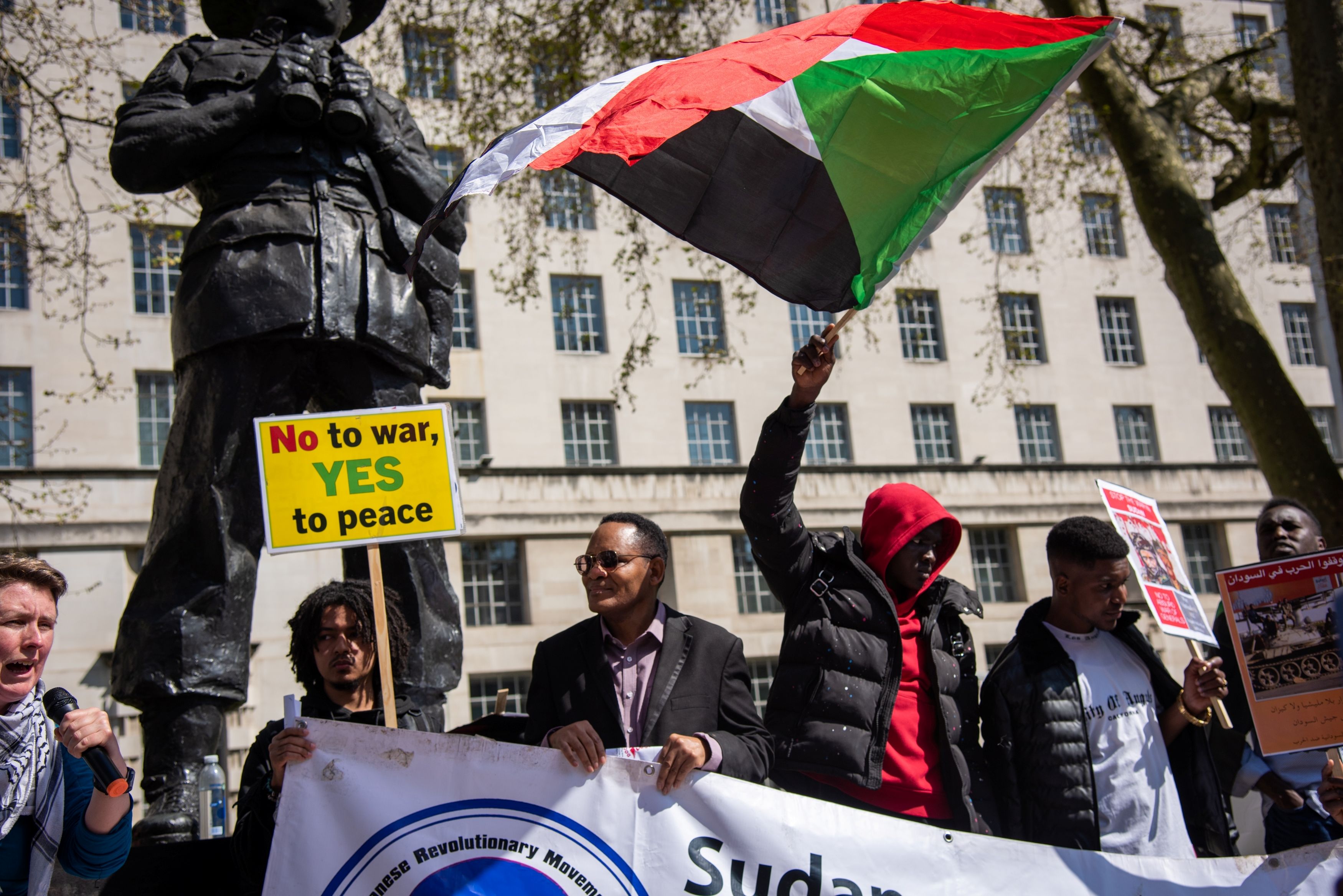
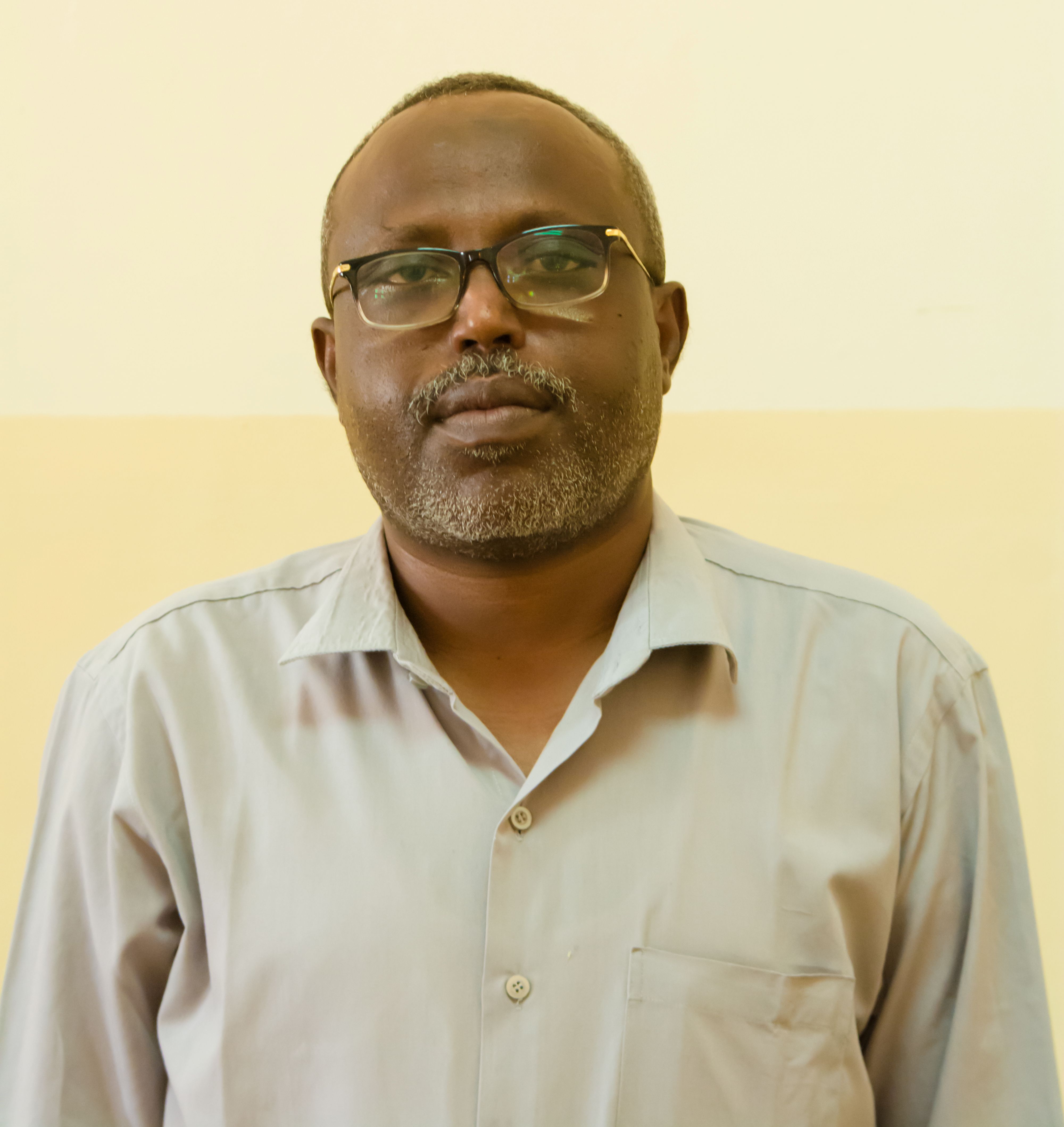
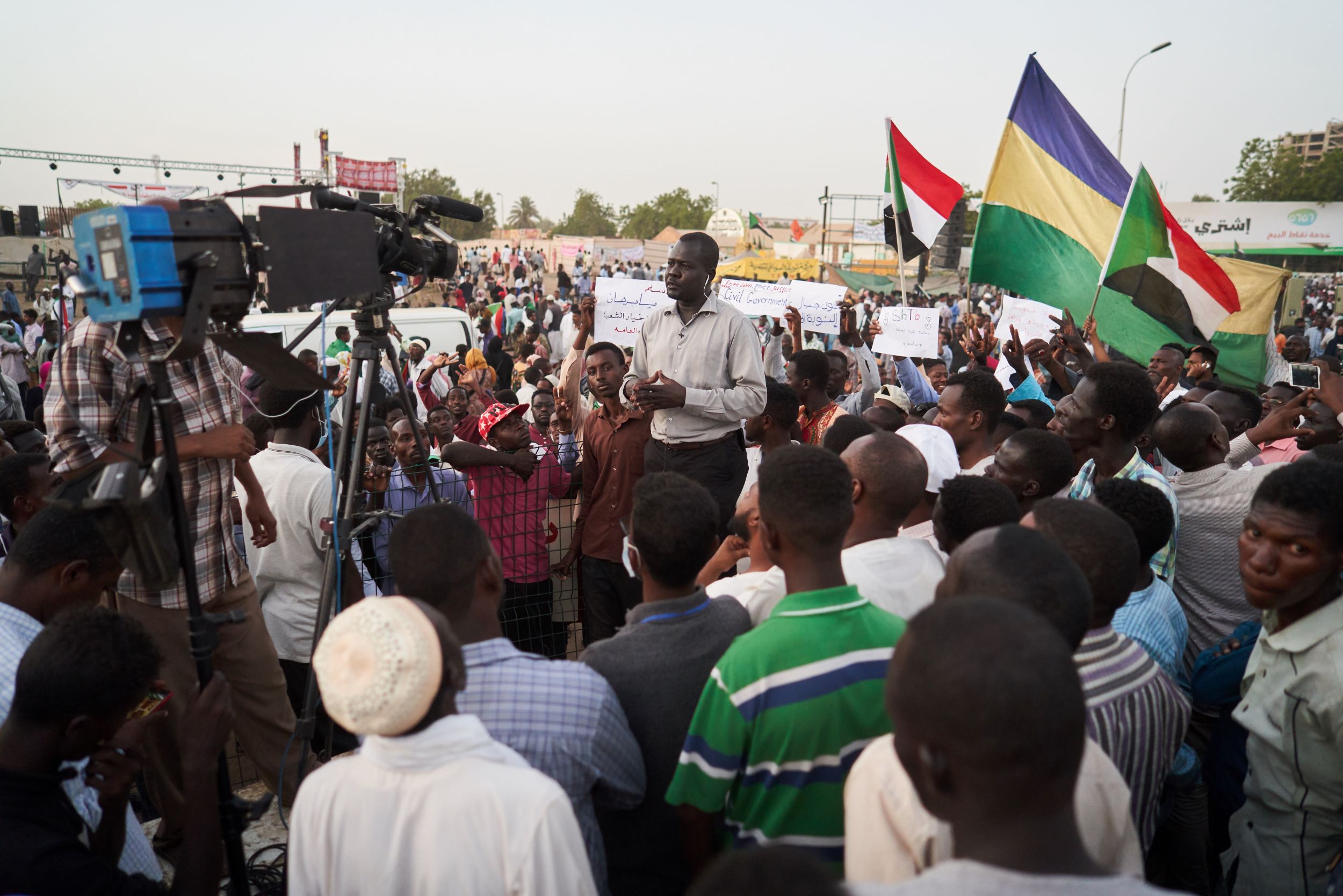

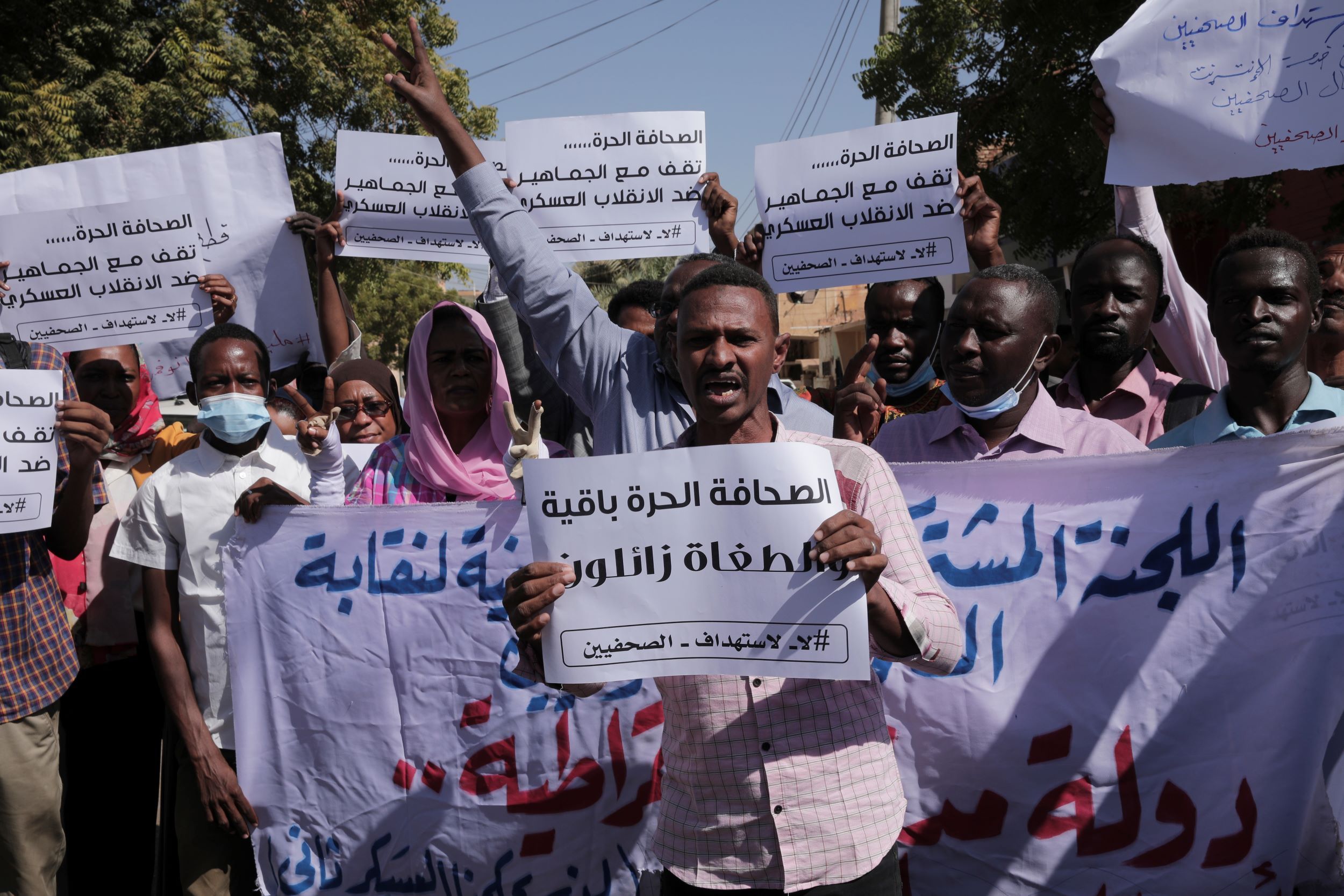
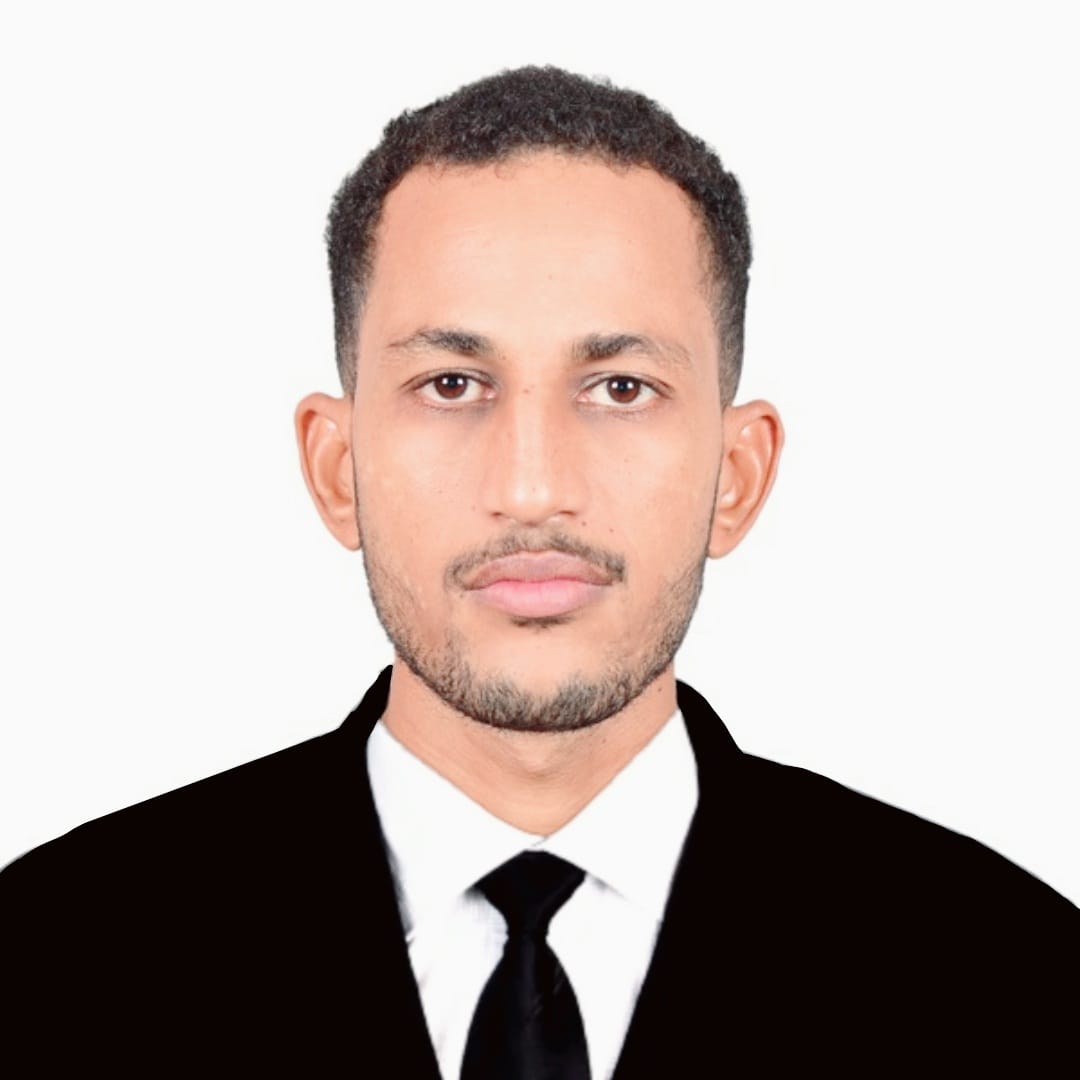
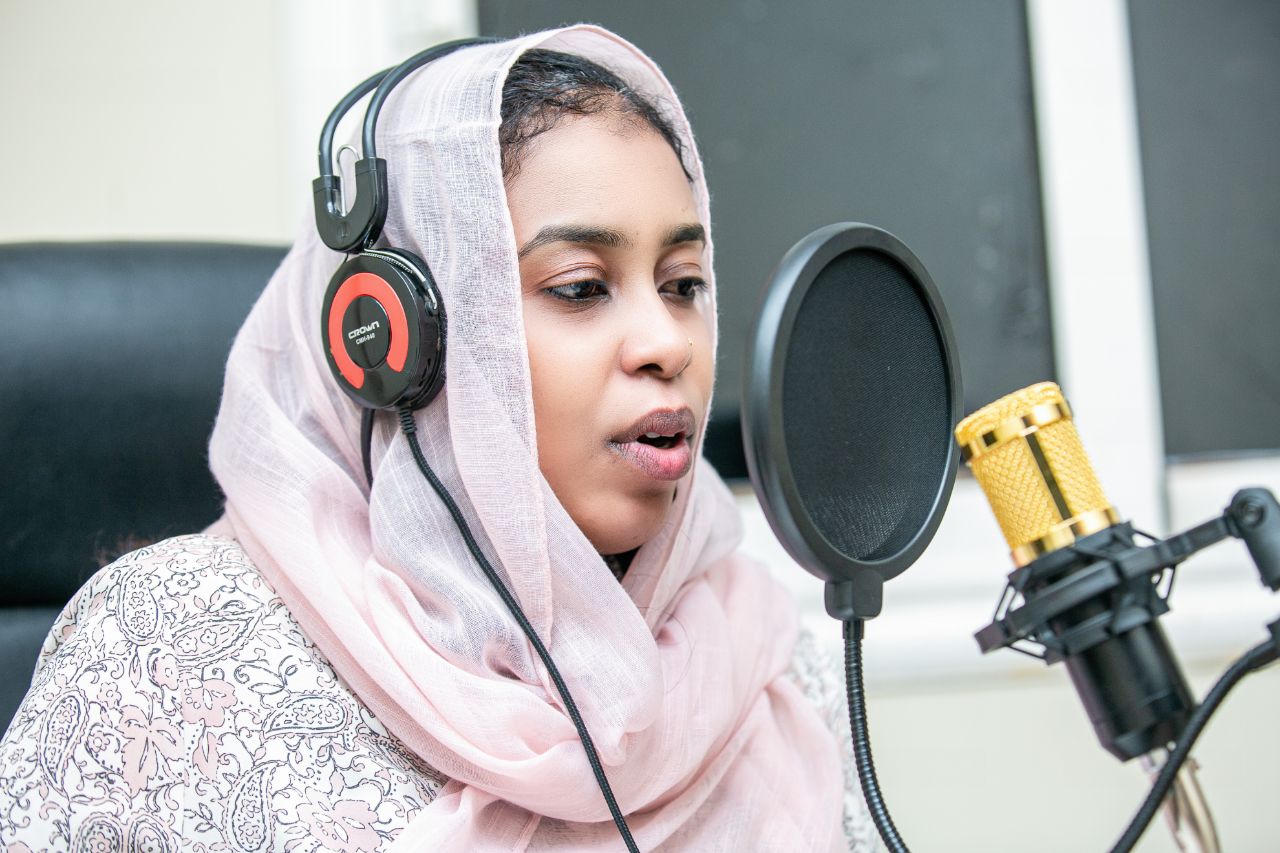
















![Palestinian journalists attempt to connect to the internet using their phones in Rafah on the southern Gaza Strip. [Said Khatib/AFP]](/sites/default/files/ajr/2025/34962UB-highres-1705225575%20Large.jpeg)





















